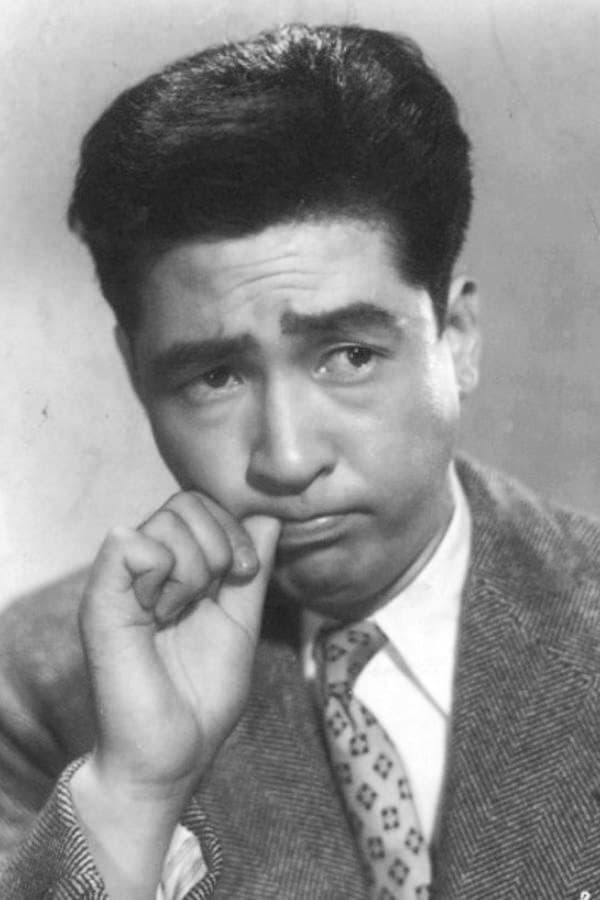
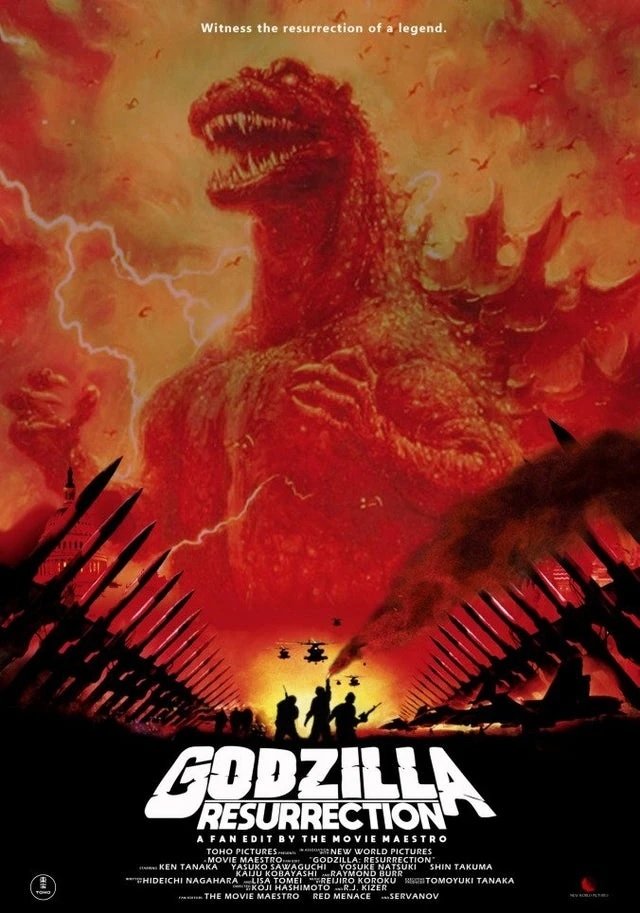
This is a hybrid cut of both the original Japanese version The Return of Godzilla and Godzilla 1985, meant to combine the best aspects of both. This re-edit seeks to accomplish a happy medium between the two versions. The film will still be highly critical of both the United States and the Soviet Union, and will work to marginalize the more humorous aspects of the added Pentagon scenes. Their inclusion will fit better with the bureaucratic behind-the-scenes narrative of the original cut, and most additional music from the American cut will be included. All Japanese dialogue will remain intact, with English subtitles. Finally, this cut will feature a brand new opening to the film, one that seeks to definitely tie the new Godzilla to the original beast in an eerie and unforgettable way. In short, Godzilla: Resurrection will aim to be my definitive version of the return of the King of the Monsters.
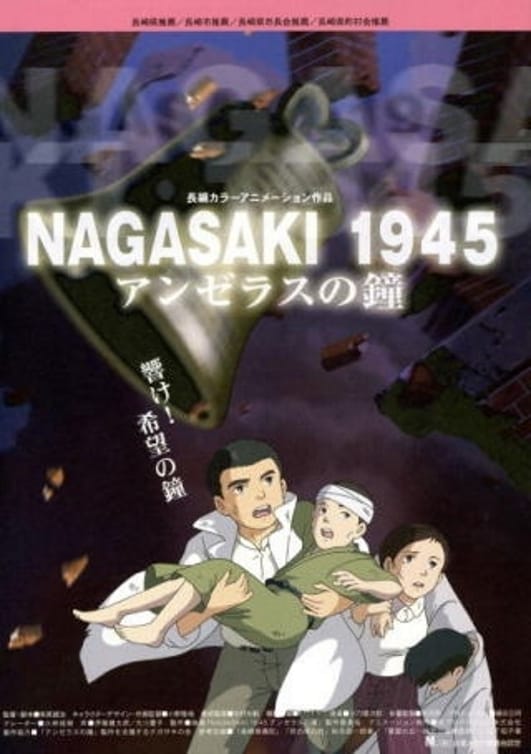
August 1945. In a converted theological seminary on the outskirts of Nagasaki, a young doctor works to help his patients, as unsettling news comes of a new weapon used by the Americans on the city of Hiroshima. When the second nuclear weapon is dropped on Nagasaki, the hospital staff must work to save lives in the midst of the concentric circles of death that their city has become.
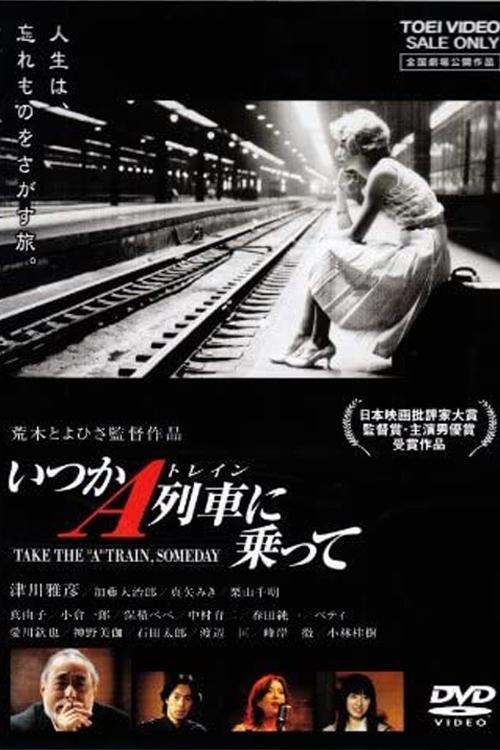
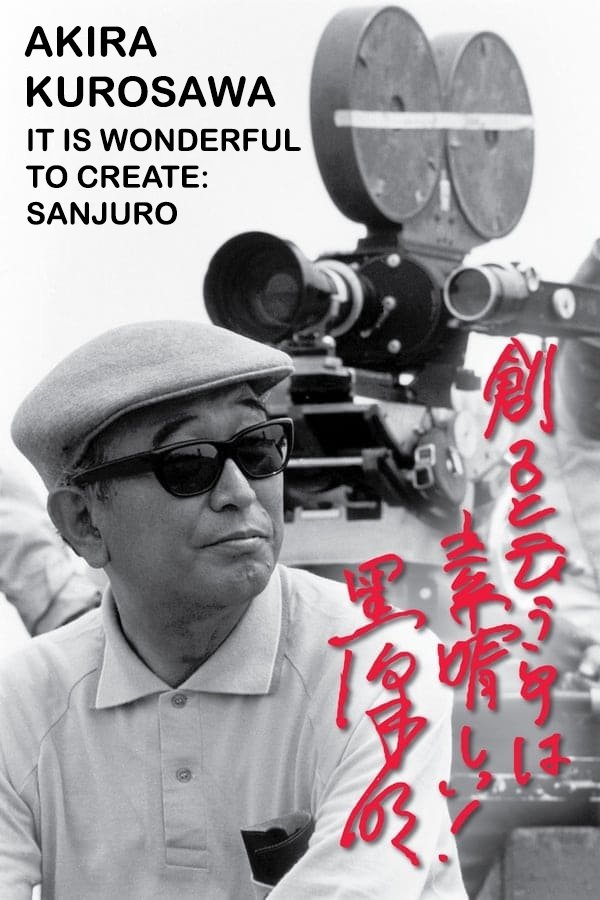
Documentary made by Toho for the Masterworks reissue of all of its Kurosawa films. This one focuses on "Sanjuro" (1962).
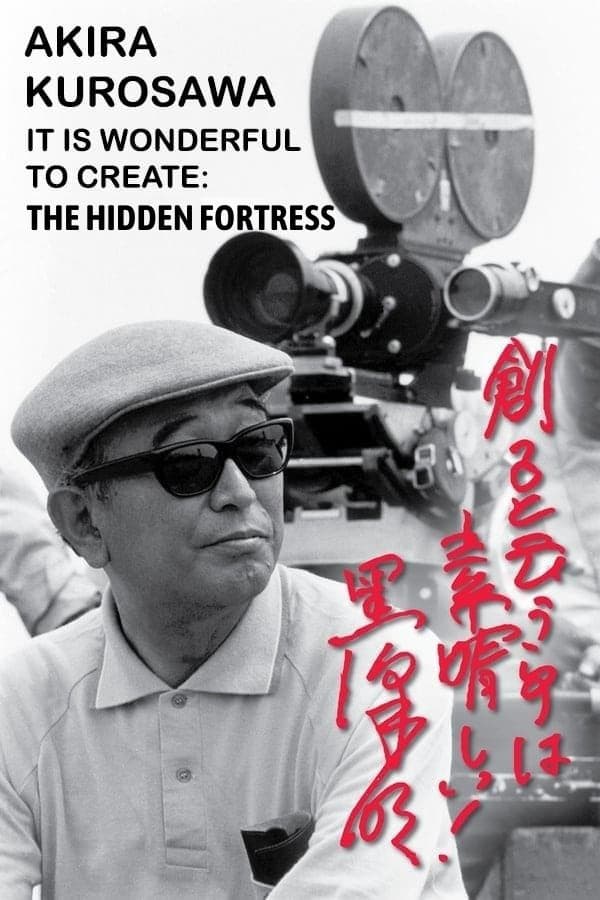
Documentary made by Toho for the Masterworks reissue of all of its Kurosawa films. This one focuses on "The Hidden Fortress" (1958).
A woman is discovered strangled inside a car, and Inspector Muta of the Yamashita police station hurries to the scene! The relationship between the murdered woman and a suspect whom the new Assistant Inspector, Iwaki, has been pursuing for one year will soon become clear...
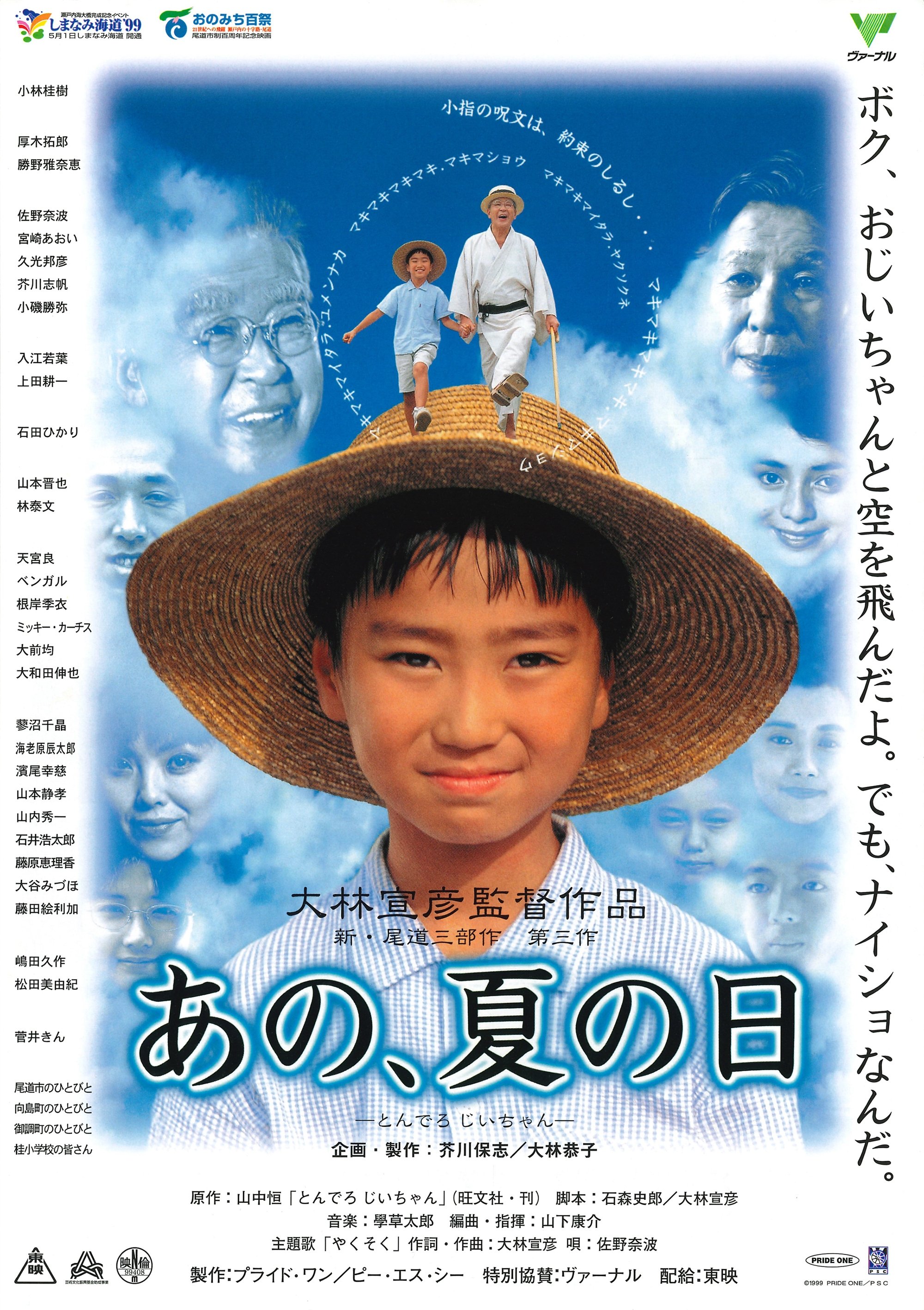
Veteran filmmaker Nobuhiko Obayashi rounds out the second of his two trilogies about his hometown of Onomichi with this film about the budding relationship between a young lad and an eccentric old man. Fifth-grader Yuta (Takuro Atsugi) is a typical city child looking forward to a summer of reading comic books and playing video games. Instead, he is bundled off to his grandparent's house on the Inland Sea. His grandfather, Yuta's parents explain, has been acting strangely as of late -- he eats the offerings in the family altar and once tried to lead attendants at a funeral in a rousing round of calisthenics. Since his mother and father are swamped with work, and his elder sister (Nana Sano) is studying for college entrance exams, Yuta has been asked to look after Grandpa. The old man takes Yuta on a tour of Onomichi, regaling him with 70 years of its history. Along the way, Grandpa slips in and out of the past, increasingly unable to discern between the two.
An attorney from Yokohama is found murdered at Lake Toya in Hokkaido. Uematsu (Noi Yasuo), of the Hokkaido police goes to Yokohama in search of Konno Shizuka (Watanabe Azusa), a woman who may know something about the case. He tries to take her in to the station for questioning. Muta (Kobayashi Keiju) happens to be there as well. Muta learns that Konno has a debt with a moneylender in Hokkaido.
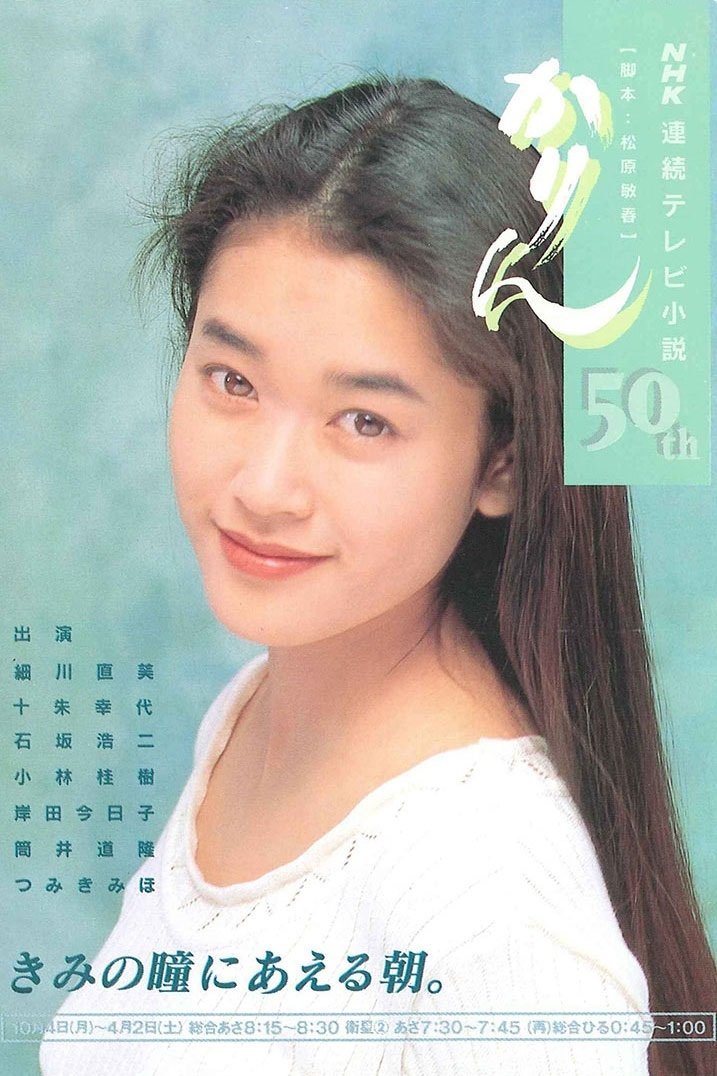
A young woman Chiaki whose family runs an old miso company in Nagano Prefecture, the only daughter of old traditional family. For generations, they were making soybean paste for living. Now she needs to take over this business and rebuild it. She lives through the hardships of postwar Japan.
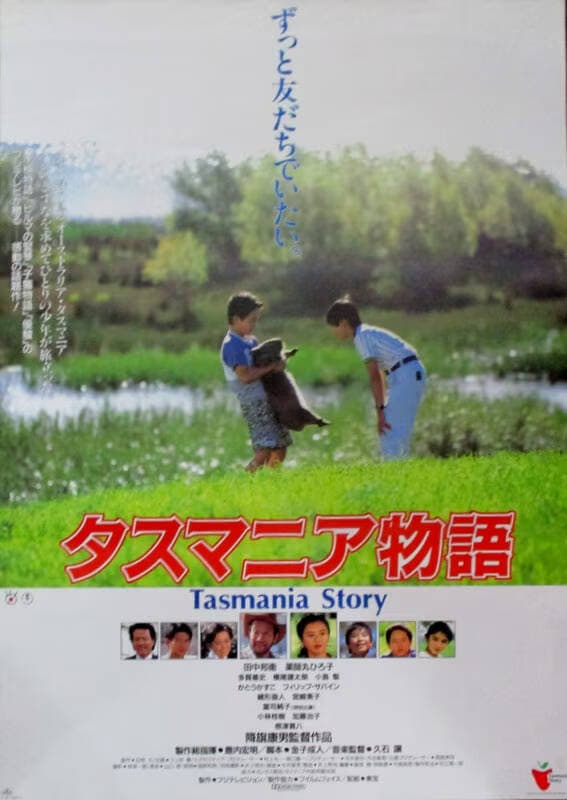
Eiji Kawano (Kunie Tanaka) has recently broken from the Japanese company he used to work for. As an immigrant to Tasmania, he has been won over by the island's immense natural beauty, and he is conscience-bound to oppose his former employer's ecologically unsound practices. He is also estranged from his grown son, who still resides in Japan. When his son comes to Tasmania for a visit, he must face the challenge of renewing their relationship.
From Wikipedia, the free encyclopedia. Keiju Kobayashi (23 November 1923–16 September 2010) was a Japanese actor. Born in Gunma Prefecture, he began acting at the Nikkatsu studio after dropping out of Nihon University and made his film debut in 1942. In a career that spanned 65 years, he appeared in over 250 films, most famously in the "Company President" (Shachō) comedy films made at Toho, where he worked alongside Hisaya Morishige, Daisuke Kato, Norihei Miki, and others. There he helped define the popular image of the postwar salaryman. He also won many awards for his acting, including best actor awards at the Mainichi Film Awards for The Naked General in 1958 (where he played Kiyoshi Yamashita), for Kuroi gashū in 1960, and for The Elegant Life of Mr Everyman in 1963. Kobayashi appeared in films made by such notable directors as Akira Kurosawa, Yasujirō Ozu, Mikio Naruse, and Kihachi Okamoto. He continued to give powerful performances after largely moving to television in the late 1960s. He died on 16 September 2010 of heart failure at the age of 86. Description above from the Wikipedia article Keiju Kobayashi, licensed under CC-BY-SA, full list of contributors on Wikipedia
By browsing this website, you accept our cookies policy.